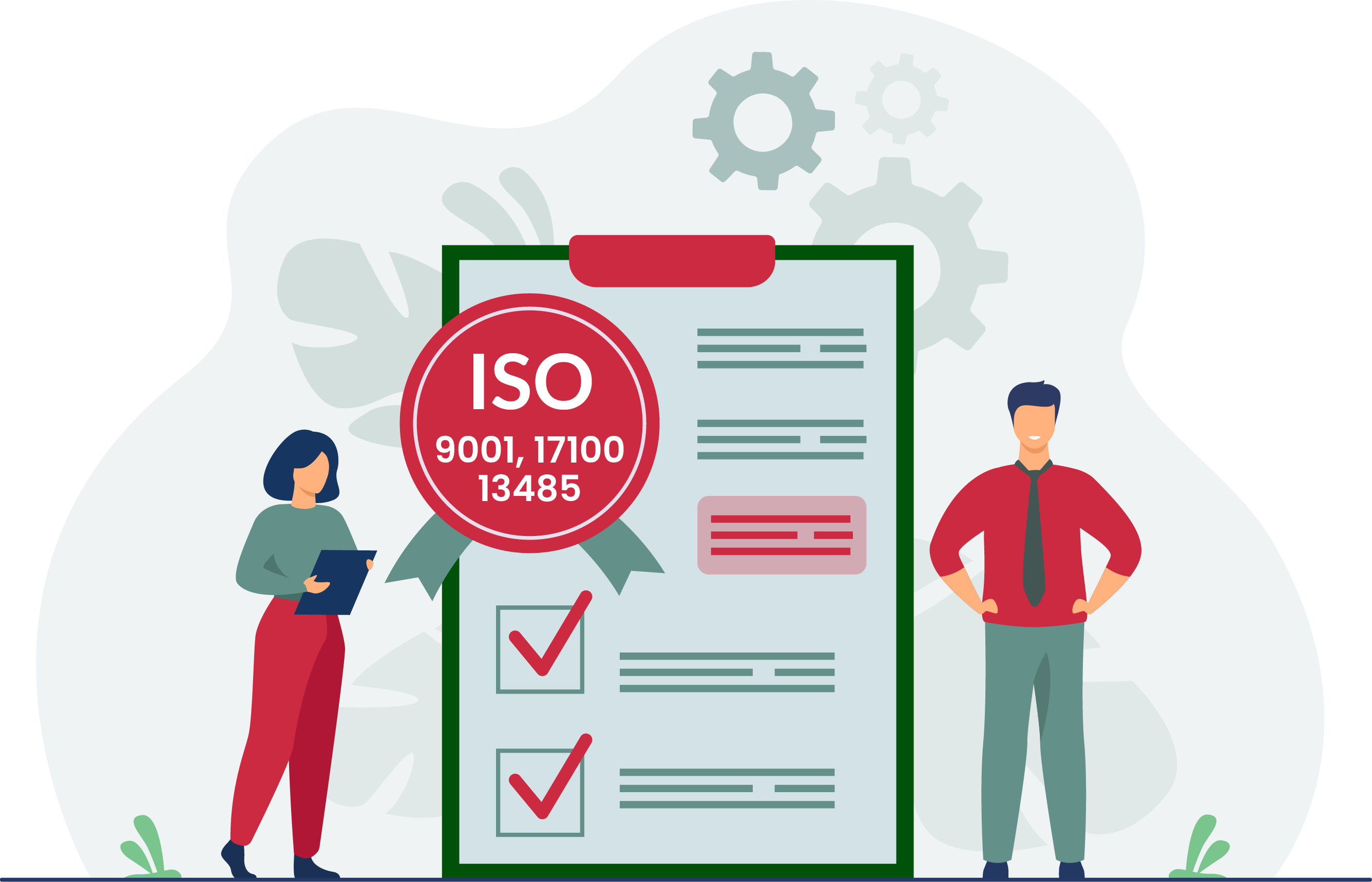Regulatory Affairs
The authorisation procedures for new medicinal products in Europe are time-consuming and complex. The European Medicines Agency (EMA) is the executive body that evaluates and authorises new medicines on behalf of European Union and European Economic Area states.
The EMA authorisation process requires a review of the properties of the new medicinal product and the validity of supporting clinical trials. The required documentation for medicinal product users must also meet strict standards. Mandatory documents include the package leaflet (Patient Information Leaflet or PIL), the Summary of Product Characteristics (or SmPC) and the packaging texts (or labels).
The translation of this documentation is an essential part of the EMA authorisation process. All member countries assess the documentation and comment in their own language. This multinational assessment process includes multiple rounds, with rigid and very tight deadlines. Timely and correct translations are of the essence for submitting companies (Market Authorisation Holders or MAHs): missing a deadline can delay or even prevent the authorisation of the new medicine – resulting in considerable commercial damage to all parties involved.
Regulatory Documentation
Wilkens Medical Translations is proud of its translation track record in (de)centralised or national authorisation procedures. We make very sure that all our translators and revisers are familiar with EMA guidelines, current QRD templates, and MedDRA and EDQM terminology.
It is vital and reassuring to you as the customer to know that we are intimately familiar with EMA authorisation procedures. We deliver translations of the highest quality for member states’ first feedback round. We ensure our team is ready to process the feedback we receive after the first and subsequent rounds. Working with Wilkens Medical Translations means you can be sure your texts and member state feedback will be efficiently translated and delivered on time.
Fields



